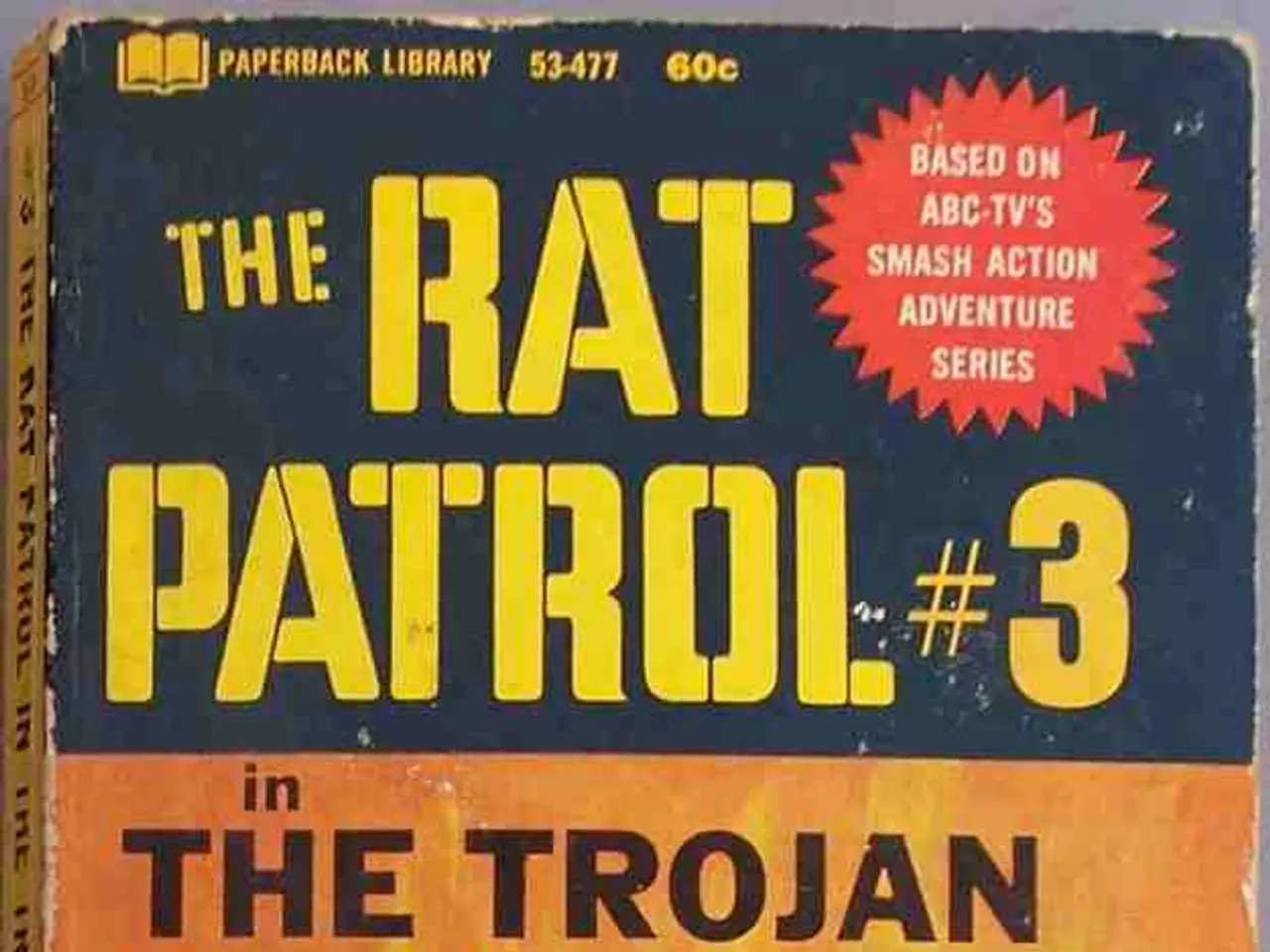Internal Police Error Exposes Alleged Extremist Chats within Homeland Department
In a closed Viber chat group known as the "Union of Specialists," Belarusian criminal investigators have been found to discuss a wide range of cases, including non-political crimes, unemployment-related issues, and extremism. This interconnection of responsibilities may affect case processing by blending typical criminal work with state security or political oversight.
The existence of the chat was first reported by an activist, who noted that the officers within the group handle both standard crime cases and tasks traditionally associated with monitoring extremism or political dissent. This overlap in responsibilities could potentially lead to the securitization of cases that might otherwise be handled through criminal or labor law processes.
An accidental addition to the chat group of a young man, who had fled Belarus due to political persecution, provided a glimpse into the internal workings of the group. He reported the arrival of Russian drones in the region to the Gomel Regional Executive Committee's UVD, but did not provide any information about other sensitive matters such as the arrest of popular artist Oksana Shalapyina or the defense minister's visit to Belarus.
The young man also learned about the internal workings of the police by being part of the "Union of Specialists" chat. He was surprised by the pro-Russian and Soviet views exhibited by many law enforcement officers in phone calls, and even noticed some officers setting Soviet symbols as their avatars.
In addition to sharing information about cases, the officers in the chat group also shared documents related to reports on "parasites" and "countering extremism." It was revealed that even criminal investigators in the Gomel region are forced to deal with the unemployed and "economically inactive."
Despite the revelations about the chat, no direct descriptions of procedural details or formal legal processes within the group were found. The exact influence on the judicial or investigative outcomes remains not fully detailed. However, the mix of case types in one closed communication group suggests an internal workflow where criminal investigation is intertwined with political and social surveillance functions.
The "Union of Specialists" chat serves as an internal informal platform where criminal investigators in Belarus exchange information about a broad array of cases, potentially impacting how cases are handled by merging traditional criminal investigation with political-extermist monitoring.
- The overlap between criminal investigation and political-extremist monitoring, as evidenced by the "Union of Specialists" chat, could potentially influence the handling of cases that would typically be addressed through criminal or labor law processes.
- Within the "Union of Specialists" chat, not only are cases discussed, but there is also sharing of documents pertaining to reports on unemployment and countering extremism, suggesting a blending of traditional criminal investigation with political and social surveillance functions.








